You’ve heard about grants, and you’re hearing more about environmental markets and reef credits – what’s the difference between Reef Credits or Grants how do you know which is best for you?
What are environmental markets and credits?
Environmental markets are not dissimilar to farming or commodity markets. The difference being, instead of food or fibre production, environmental markets measure and place a value on and trade in cleaner air, water or improved habitat and biodiversity. . The most commonly known environmental markets are the carbon and more recently, biodiversity markets.
The way these markets work is that we measure, audit and verify outcomes achieved through farm based projects. The outcomes are expressed as Credits , which are then sold to governments, businesses or other buyers. The sale of these Credits generate a diversified revenue stream for land holders
Reef Credits is a water quality market which recognises the effort involved in changing farming practices to reduce the flow of pollutants onto the Great Barrier Reef. Farmers can earn income from the sale of Credits generates from improved fertiliser management, wetland treatment systems, or for gully rehabilitation that reduces sediment runoff.
Within the Great Barrier Reef catchments, Reef Credits are becoming an increasingly viable alternative or complement to grants, and can support business improvements and increased productivity.
Short-term problem solving vs. long-term income stream
GreenCollar Business Development Managers Bart Dryden and Tristan Robertson work in partnership with farmers, graziers and other land managers to develop Reef Credit projects on agricultural land. They say that land managers need to be clear on what they want to achieve through either credits or grants, and be aware of the way either system works and any limitations.
“Reef Credits are an independant voluntary market-based approach to improving water quality. Credits are only generated after a specific, measured outcome is achieved. In comparison, a grant usually provides upfront payment to achieve an outcome at a later date,” he said.
Mr Dryden points out that a big difference between grants and Reef Credits is that grants are a short-term opportunity where funds have to be used to address a specific issue.
“Reef Credits, in comparison, put money back in the pockets of land managers over the life of the project. Where the farmer or grazier achieves an outcome, they get paid directly for that outcome. Those funds can then be spent on their business, upgrading infrastructure, buying equipment or purchasing additional land. It is up to the individual how the returns from the credits are spent.”
Mr Dryden said a Reef Credit approach offers considerable potential for those looking at long-term improvements and a long-term return on investment.
“If land managers have previously gained a grant for property improvements and are considering the next steps, I would encourage them to talk to us, so we can talk through the possibilities.”

Making the right decision for you
“A Reef Credit assessment is a simple process that is completed at no cost to the land manager. If there has been grant funding for some work previously, we would take that into account, along with farm records, maps, and yield and fertiliser information.”
“Once we have an understanding of the farm and its operations, we can determine the potential for a viable project on the property.”
He said a Reef Credit project delivers long-term income as an incentive to make positive environmental changes.
“Grant funding can help address a problem, but land managers looking to make longer-term change and gain a diversified income should undoubtedly consider their options. “
“Once a Reef Credit project is in place, a rigorous methodology is applied to ensure the project is maintained, with ongoing auditing and verification to determine the generation of Credits.”
“For participants, this is about making changes that can, in turn, make a real difference to their business and the Reef environment. The fact that they are paid to make those changes is an additional bonus,” Mr Dryden said.
Working with Government Grants |
Working with GreenCollar on Reef Credits |
|---|---|
| Short-term payment to fix a defined issue. How money is spent is highly prescribed. | Long-term financial incentive to improve operations and maintain improvements over time. How revenue is spent is up to you. |
| A form of financial assistance to get a job done. | A long-term partnership that values your contribution to the overall goal of improved water quality at the Reef. |
| Value of payment based on evaluation of application. | Value of payments based on measured, audited, ongoing outcomes for between 10-25 years. |
| Onus is on landholder to gather information, propose actions and budget, and submit application for review. | GreenCollar works in partnership with the landholder to co-design a project that suits your operation. |
| Acceptance of reward is legally binding – you are obligated to carry out the full terms and conditions of the grant. | Once a project plan is agreed, you can negotiate and sign project delivery agreement outlining who does what, the financial arrangements, confirmation of project period and agreed conditions. |
| Onus is on the landholder to do the paperwork. | GreenCollar works with you to complete the paperwork. GreenCollar finds the Reef Credit buyers and administers regular payments |
| Onus is on the landholder to do the paperwork. | GreenCollar works with you to complete the paperwork. GreenCollar finds the Reef Credit buyers and administers regular payments |
| Final financial and programmatic reports submitted to close out the grant process. | GreenCollar works with you to complete annual reporting and manage the sale of awarded Credits for a 10-25 year period. |


